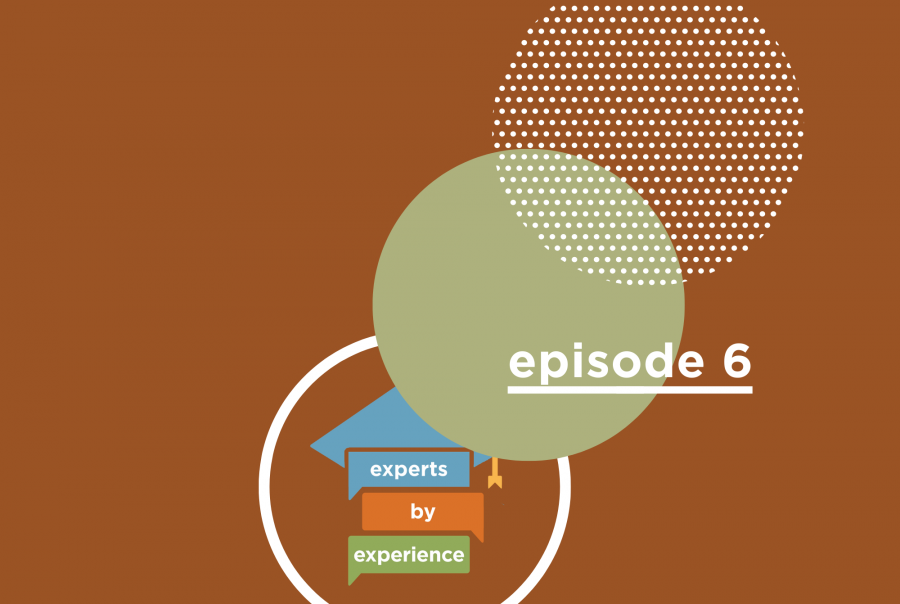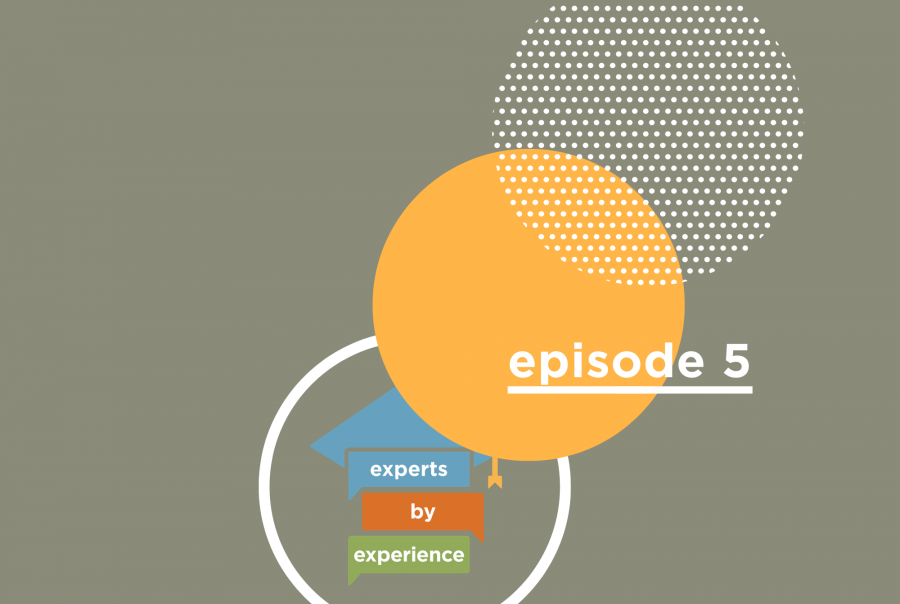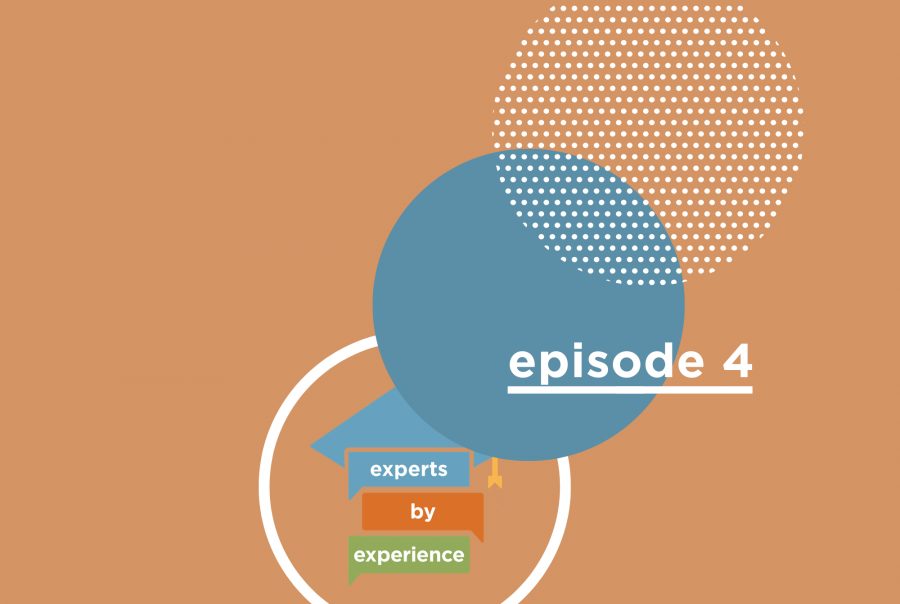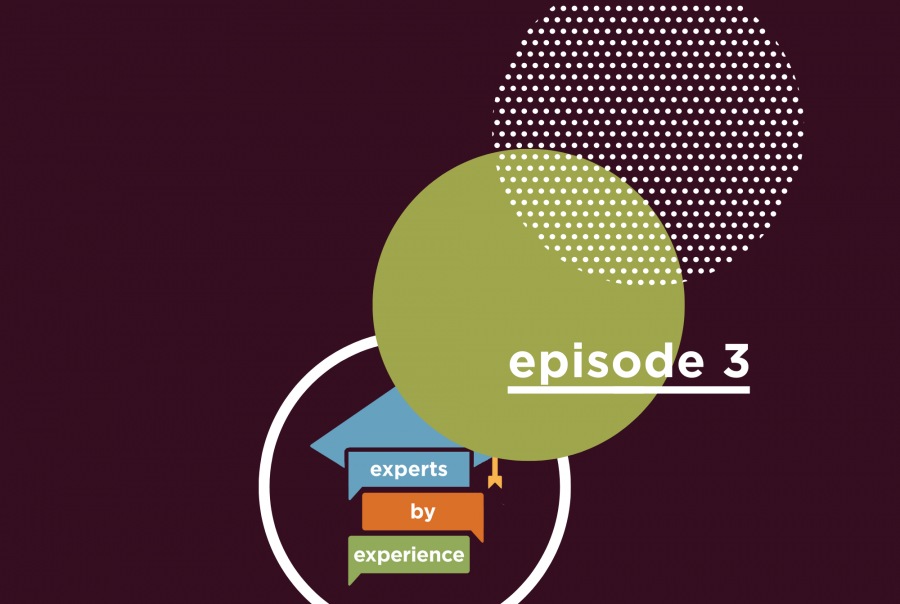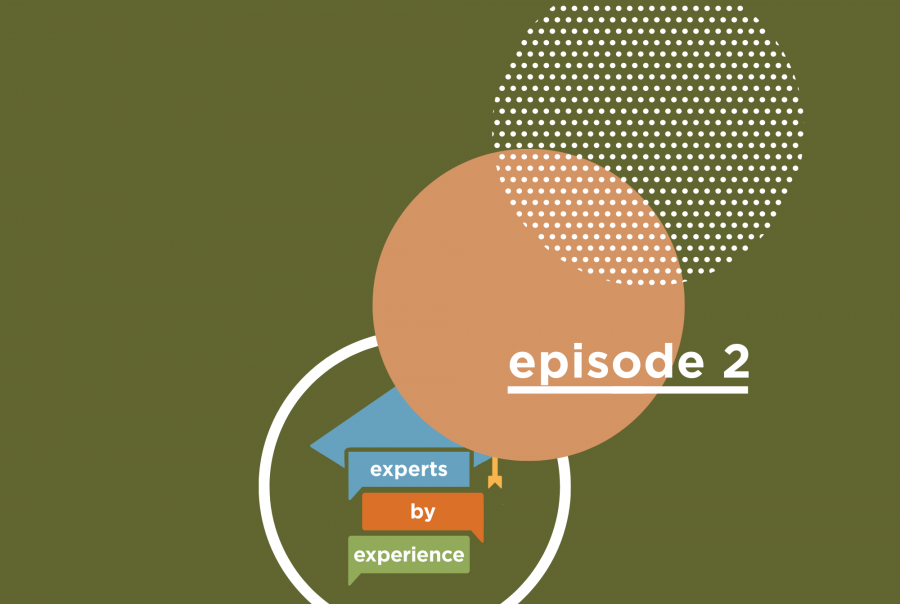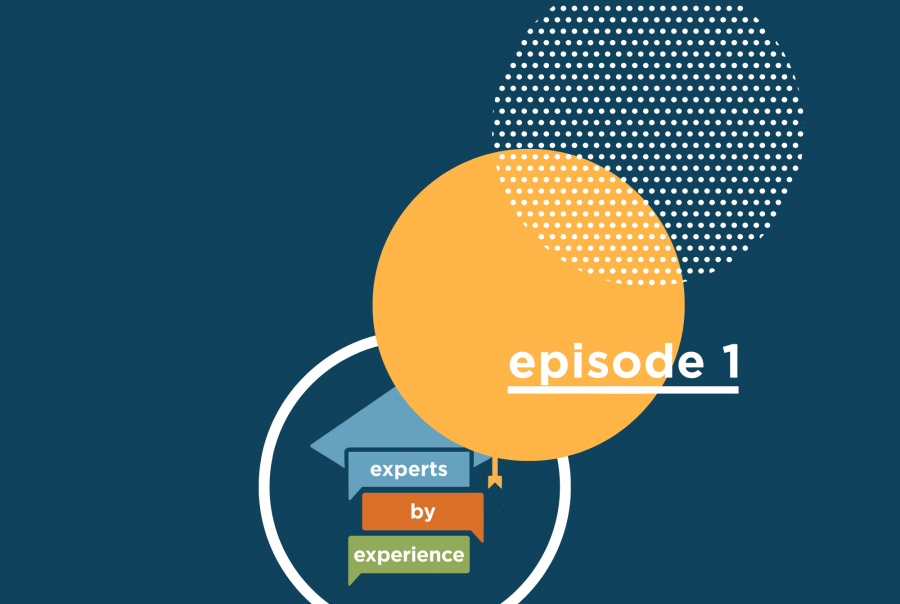Discussion series with CPS graduates navigating college during the pandemic
Listen on Spotify | Listen on Apple Podcasts | Listen on Stitcher
Experts by Experience is a series of discussions with college students from Chicago who navigating the pandemic-induced rupture in their educational journeys. Our monthly discussions with students shed light on the impact of the COVID-19 crisis on young Chicagoans who are pursuing higher education.
In each episode, our experts — Black and Latinx college students — reflected on their personal successes, the challenges exacerbated by the pandemic, and their needs as first-generation, low-income (FGLI) students. They provided perspective on how education institutions, organizations, and practitioners can better respond to evolving challenges. Through our conversations, three key learnings emerged for those working to create better outcomes for FGLI students.

